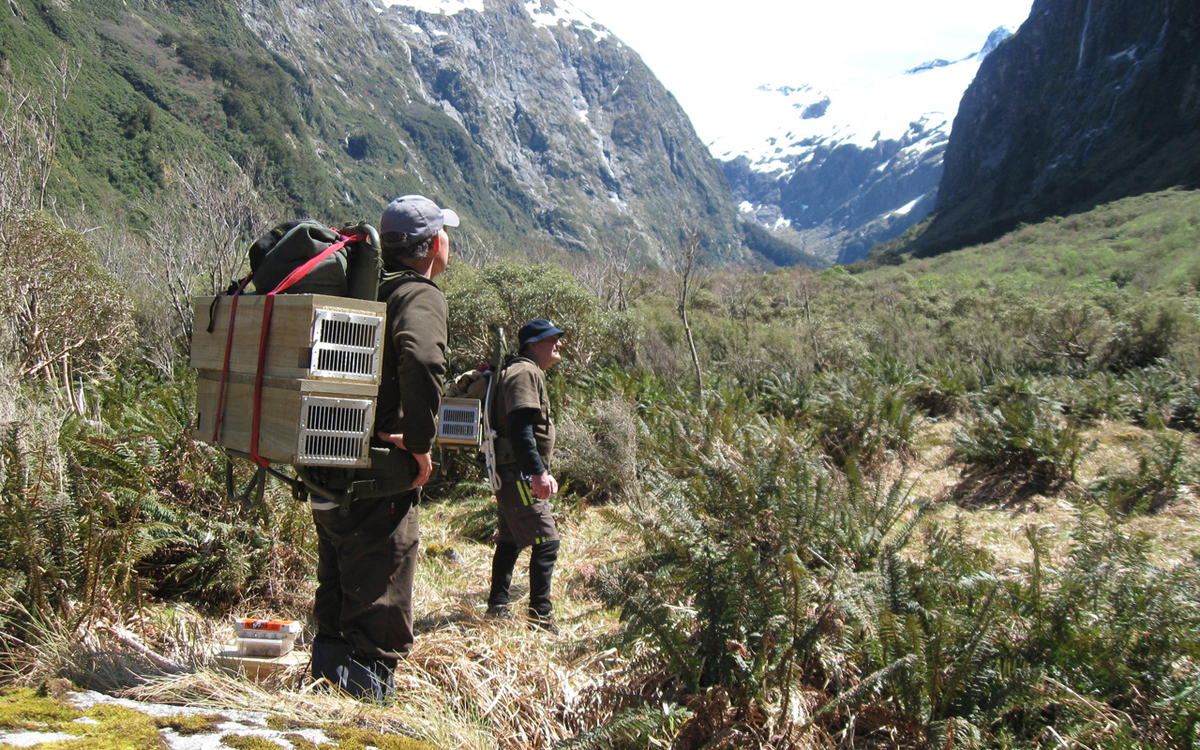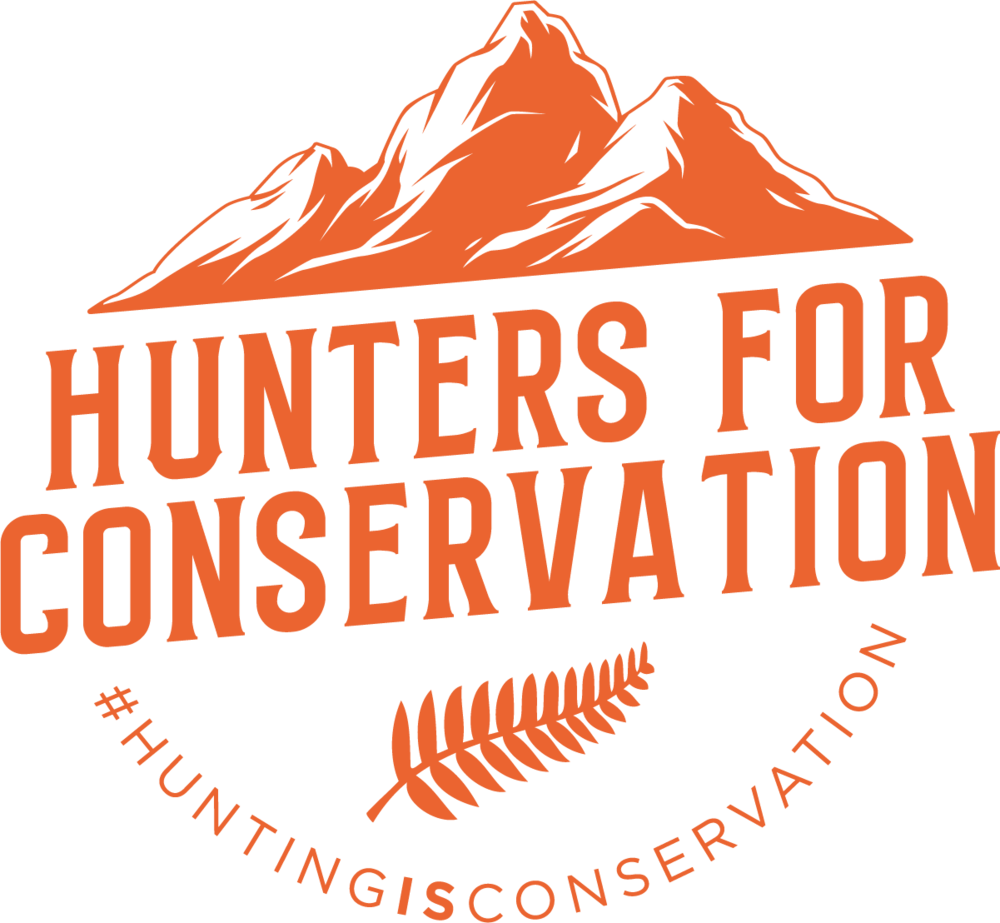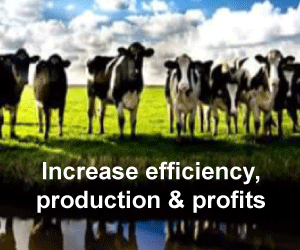Hunters’ conservation efforts acknowledged by Game Animal Council
20 August 2020, 5:07 PM
 Fiordland hunters work on a predator trapping project. PHOTO: SUPPLIED/GAME ANIMAL COUNCIL
Fiordland hunters work on a predator trapping project. PHOTO: SUPPLIED/GAME ANIMAL COUNCILThe Game Animal Council is celebrating using Conservation Week by acknowledging the work of volunteer hunters who get involved in predator control and track and hut maintenance around the country.
The council is keen for hunters to highlight their work by using the ‘Hunters for Conservation’ badge in their activities and on social media posts.
The council’s general manager Tim Gale said most hunting sector organisations did not seek recognition for the contributions they made to conservation, yet had some “fantastic projects”.
“Hunters spend a lot of time in our remote areas and are extremely passionate about conservation and looking after our back country heritage,” he said.
In Southland, the Fiordland Wapiti Foundation had carried out extensive trapping since 2011, as part of a project to protect whio (blue ducks).
Mr Gale said the Fiordland volunteers now operate and maintain 500 traps in remote country and are making a major contribution to an increase in whio numbers.
The Fiordland Wapiti Foundation also supports the Kea Conservation Trust by doing kea surveys and banding in the Stuart Mountains.
Earlier this year, Fiordland hunters and deer stalkers partnered with the Department of Conservation and the Game Animal Council to provide 18,000 kg of packaged meat in the Fiordland Wapiti Area Venison Mince Project for Kiwis in need.
Mr Gale said the New Zealand Deerstalkers Association, which has 8,500 members across 48 branches, had also worked closely with the Backcountry Trust on tracks and hut maintenance.

The Hunters for Conservation logo: IMAGE: SUPPLIED/GAME ANIMAL COUNCIL
Other hunting groups to contribute to conservation included:
Safari Club International (Sika Foundation’s Whio Project in the Kaimanawas, the Fiordland Wapiti Area Venison Mince Project, Aorangi Forest Park predator control programme (Wairarapa), and South Island hut maintenance).
Game Animal Council (Zero Invasive Predators (ZIP) project in the Perth Valley, West Coast).
Mr Gale said hunters had an important role to play in New Zealand’s conservation efforts.
“[Yet] we too often concentrate on areas where there is disagreement between hunters and other conservationists. The reality is that there is far more that unites us than divides us and this week is a good opportunity to focus on that.”
“The Game Animal Council will continue to work for greater alignment between the hunting and conservation sectors and the possibility of more collaborative conservation projects in the future,” he said.
AGENTS
